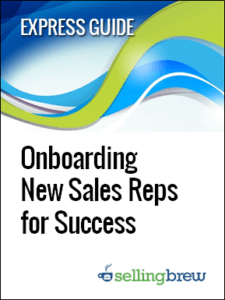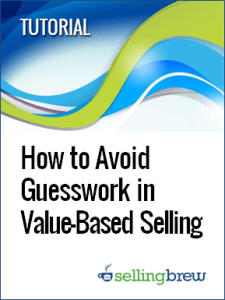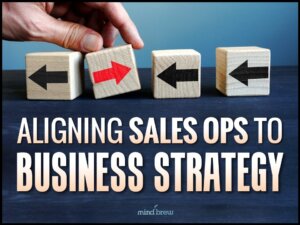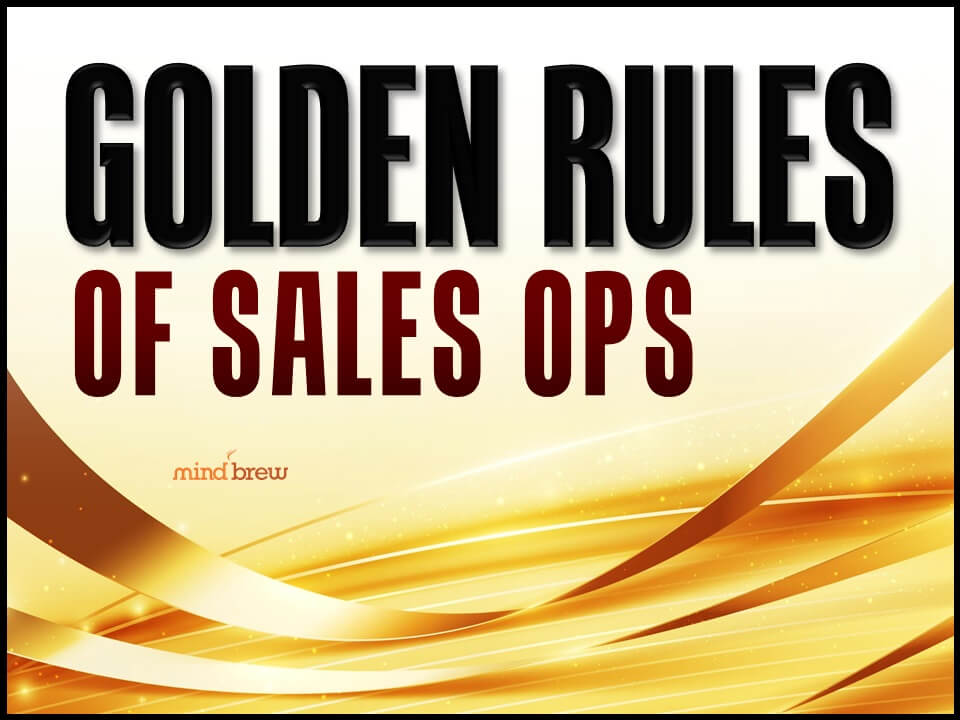For any B2B organization, hiring new sales reps is an unavoidable fact of life. One study found that on average, sales teams had a 22.4 percent turnover rate in 2015. In addition, 67.9 percent were looking to increase the size of the sales force for 2016. That means there’s a really good chance that your company is looking to hire sales reps right now—either to replace someone who has left or because you are growing your team.
You may not realize it, but how you handle the process of integrating those reps into your team can have a huge impact on your business. If the new rep isn’t successful at selling your product, your firm will experience sales decreases in that person’s territory. Even worse, poorly trained (or poorly supervised) reps can alienate current customers and prospects, causing lasting harm to relationships that could take years to fix.
And unfortunately, a lot of B2B firms are really pretty bad at onboarding new reps.
In our research and experience, we see three common mistakes:
- Providing little or no training or direction. This is by far the most common mistake organizations make with their new sales hires. The classic example is the sales manager who welcomes a new salesperson to the team, hands him a phone book from his territory, and tells him to start making calls. Not surprisingly, companies that make this mistake often find that it takes a really long time for their sales representatives to become productive. Someone who doesn’t know anything about your products, your target customers, or the differential value that your products offer those customers has a really poor chance of getting prospects to buy.
- Integrating new hires into existing training programs. In an attempt to avoid the mistake of not providing enough direction, some organizations put their new hires into the training sessions that they are providing for the existing sales team. While the fact that they are providing training is good, this isn’t really the right kind of training. Your existing reps already have a foundation of knowledge about your products, your sales processes, and your business strategies, so your training for them likely covers more advanced topics. If you put newbies into those same classes, they’ll get overwhelmed and possibly confused about what they should be doing.
- Overwhelming new sales reps with too much information. Other firms go to a different extreme. Instead of providing too little or the wrong kind of training, they give new reps way, way too much detail. They ask new hires to absorb pages and pages of documents about the company’s products, sit through endless training sessions, and/or spend dozens of hours watching educational videos. Sales reps simply can’t retain or process all the information they’ve been given. As a result, they don’t feel confident when they go on sales calls, and they struggle to close deals, eventually becoming so discouraged that they leave.
So what’s the antidote to these mistakes?
We recommend that firms put into place a structured, repeatable onboarding process that gives new sales hires the training and practice that will help them start making their quotas sooner. And one of the best ways to design an effective program is to model it after the onboarding processes that other firms have found to be very successful.
Our express guide Onboarding New Sales Reps for Success offers ten best practices for bringing on new sales team members. It can help you not only avoid the three most common mistakes but also to design an onboarding process that helps you get new reps meeting their quotas faster, increases retention, and ultimately grows sales and margins for your company.












